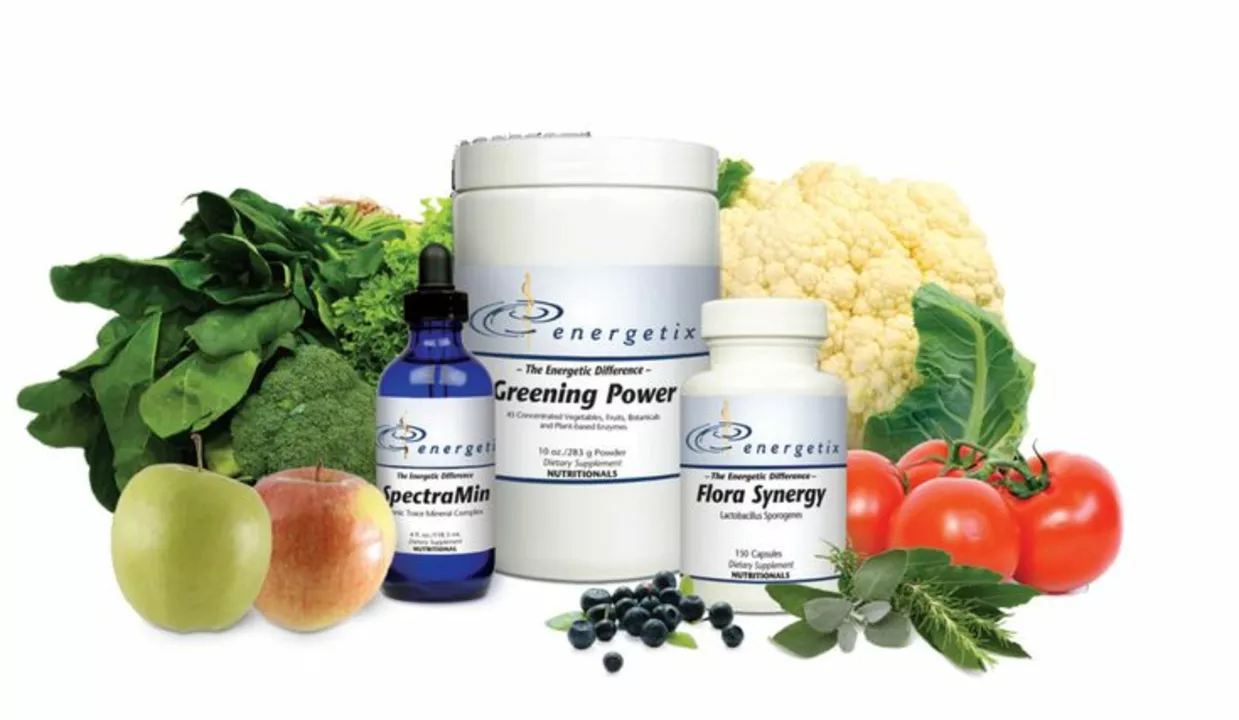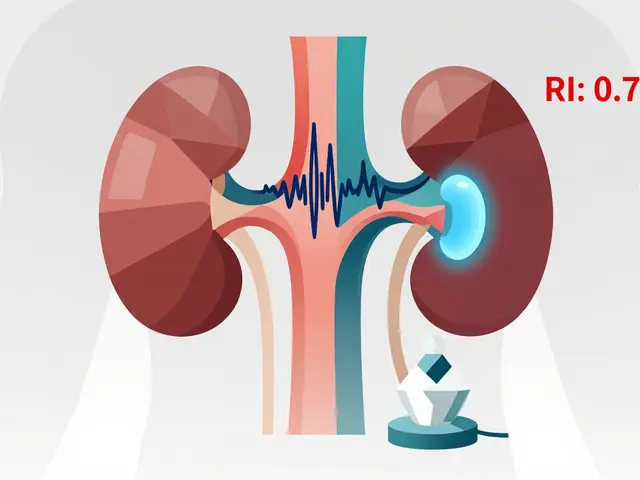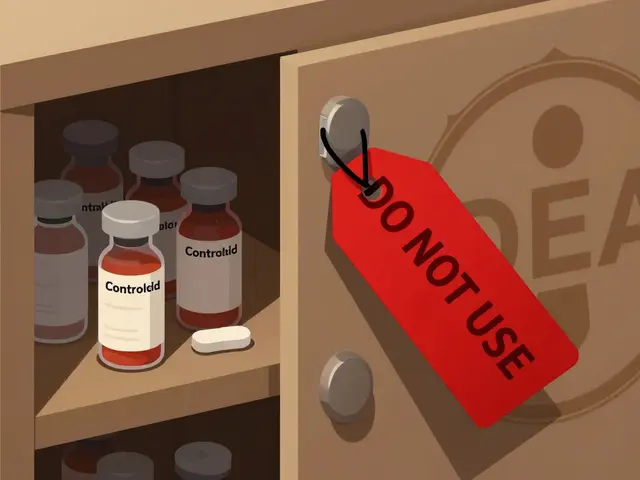Plant-based remedy: practical choices, safety tips, and how to use them
Want a plant-based remedy that actually helps instead of causing problems? Fast fact: some herbal extracts have strong, well-documented effects — both good and bad. The trick is knowing which ones work, how to dose them, and when to stop or call your doctor.
Pick the right herb for the job
Match the remedy to your symptom. Turmeric or ginger tend to help mild inflammation and digestion. Willow bark can ease minor aches (it contains natural salicylates). Saw palmetto is commonly used for urinary symptoms linked to enlarged prostate. Black cohosh is often tried for menopausal hot flashes. Don’t assume “natural” means safe for every situation: herbal options are tools, not cures.
Look for real evidence. Some plants have human trials and clear dosing information; others rely on traditional use only. If an herb claims to cure a major disease, that’s a red flag. For infections, heart disease, diabetes or serious conditions, follow medical treatment and use herbs only as complementary support after checking with a clinician.
How to use them safely
Buy quality products. Choose brands with third-party testing (USP, NSF, ConsumerLab). Standardized extracts tell you how much active ingredient is present — that makes dosing predictable. Avoid bulk powders from unknown sellers; contamination with heavy metals or adulterants is a real risk.
Check drug interactions. Many herbs affect liver enzymes or blood clotting. St. John’s wort speeds up drug clearance and can lower levels of medications like birth control or some antidepressants. Garlic, ginger, ginkgo and ginseng can increase bleeding risk with blood thinners. If you’re on prescription meds, ask a pharmacist or doctor before starting anything new.
Start low and track effects. Begin with the smallest effective dose and give the herb a reasonable trial period (often 2–8 weeks, depending on the issue). Keep a short log: dose, timing, benefits, side effects. If you notice headaches, rash, stomach upset or changes in mood, stop and consult a professional.
Special groups: pregnant or breastfeeding people, children, and people with liver disease should avoid many herbs or use only under medical advice. Don’t replace a prescribed medication with a plant remedy without medical supervision.
Forms and convenience: teas and tinctures act faster but are harder to standardize. Capsules and tablets give consistent dosing. Topicals (creams, balms) limit systemic exposure for skin or joint issues. Choose the form that fits your lifestyle and the problem you’re treating.
Practical final step: ask for help. A pharmacist, integrative medicine doctor, or a trained herbalist can point you to safe products and check interactions. Use plant-based remedies to support health — not to gamble with it.
I recently discovered Yucca supplements as a natural way to boost my energy levels, and I have to say, I'm impressed. These supplements are derived from the Yucca plant, which has been used by Native Americans for centuries to improve overall health and vitality. Since I started taking Yucca, I've noticed a significant increase in my energy levels and a decrease in fatigue. Plus, it's a natural and sustainable option compared to synthetic energy boosters. I highly recommend giving Yucca supplements a try if you're looking for a natural energy boost!
Continue reading...






